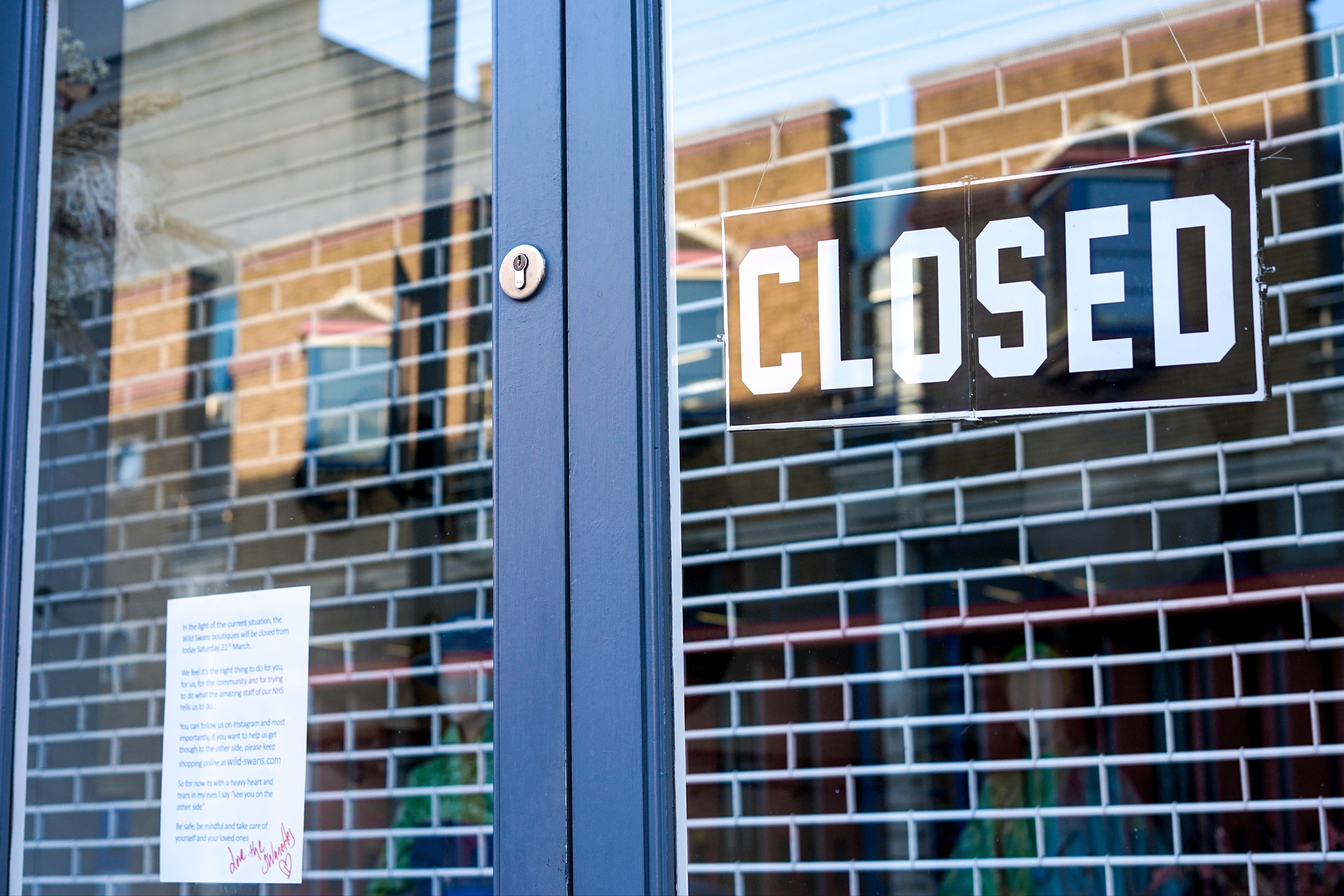Hospitality rent debt: Government announces new laws and Code of Practice
New laws and a Code of Practice are being introduced in an attempt to resolve the remaining commercial rent debts accrued because of the pandemic, business secretary Kwasi Kwarteng has announced today (9 October).
Commercial tenants are protected from eviction until 25 March 2022 while landlords and tenants negotiate how to share the cost of commercial rent debts caused by the pandemic.
From today, these negotiations will be underpinned by a new Code of Practice, providing landlords and tenants with a process for settling outstanding debts before the new arbitration process comes into force.
The Code sets out that, in the first instance, tenants unable to pay in full should negotiate with their landlord in the expectation that the landlord waives some or all rent arrears where they are able to do so.
From 25 March 2022, new laws introduced in the Commercial Rent (Coronavirus) Bill, which is being introduced in Parliament today, will establish a legally-binding arbitration process for commercial landlords and tenants who have not already reached an agreement, following the principles in the Code of Practice. Subject to Parliamentary passage, this will come into force next year.
The Bill will apply to commercial rent debts related to the mandated closure of certain businesses such as pubs and restaurants during the pandemic. Debts accrued at other times will not be in the scope of the Bill.
These laws will come into force in England and Wales, while Northern Ireland will have a power in the Bill to introduce similar legislation.
The result of the arbitration process will be a legally-binding agreement between landlord and tenant.
From today, the government is also protecting commercial tenants from debt claims, including County Court Judgements, High Court Judgements and bankruptcy petitions issued against them in relation to rent arrears accrued during the pandemic.
This measure will provide further protection to businesses which had to close and accumulated debts during the pandemic, while protections from forfeiture for business tenancies are in place under the Coronavirus Act 2020.
Business secretary Kwasi Kwarteng said: “Today’s measures provide commercial landlords and tenants with the clarity and certainty they need to plan ahead and recover from the pandemic.
“We encourage landlords and tenants to keep working together to reach their own agreements ahead of the new laws coming into place, and we expect tenants capable of paying rent to do so.”
UKHospitality chief executive Kate Nicholls added: “We welcome the publication of the updated Code of Practice. Vitally important is the emphasis on ongoing negotiation to share the burden of the impact of lockdowns and restrictions that prevented hospitality businesses from trading for so much of the last 18 months.
"It is in the long-term interests of landlords and tenants to come together and find solutions that ensure business survival and that do not undermine the economic recovery.
“We share government’s view that arbitration should be a last resort and this process must take into account the exceptional and existential level of pain that hospitality businesses have faced over the last 18 months. It must not impact this industry’s ability to rapidly recover and create jobs throughout the country.”
Photo: Shutterstock / Dani Berszt
















